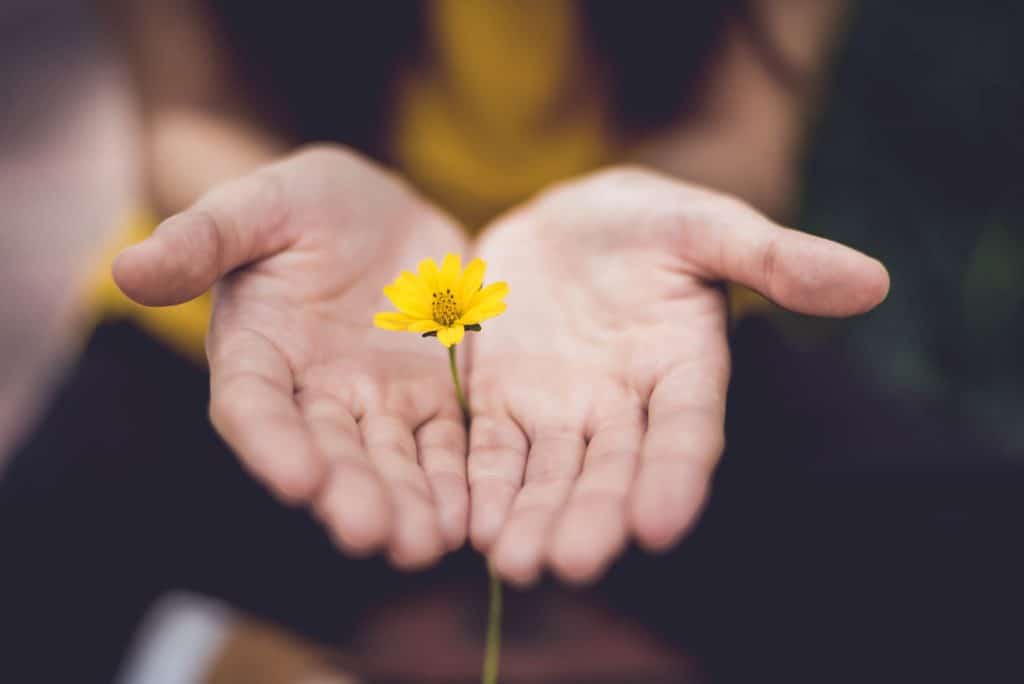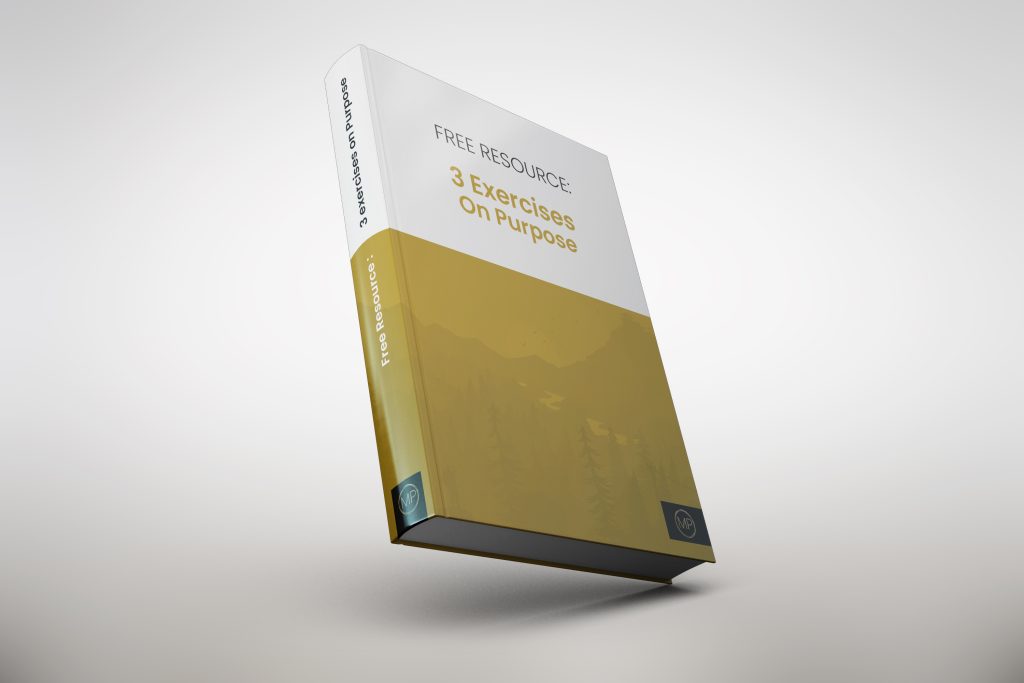“When you make a mistake, there are only three things you should ever do about it: admit it, learn from it, and don’t repeat it.”
Paul Bear Byrant
“I have made a terrible mistake.”
We are all human and we all make mistakes. There is an admixture of our own morale compass, cultural norms, societal pressures and more. There is also our own relationship with our emotions, how we perceive our action based on our relationship with how we view the world, past engagement with other domains and how we view ourselves in the world itself. There are many layers at play when you make a mistake.
How can this post help you?
How can you forgive yourself for past mistakes? What to do when you can’t forget past mistakes? How to fix a big mistake in a relationship? How do we build a healthier relationship with our emotions and take action that is mature for others and ourselves? These questions and more will be explored in this article.
Understand your feelings about what happened
You will likely be distressed at present due to an action you have taken that has caused upset to another which has in turn gone against your values in life. We can learn from emotional intelligence that often when we feel positive emotions that our needs are met and our values are in alignment with our actions. We can therefore also learn that when we feel negative emotions our needs are not being met and in addition or instead of our actions have not been in alignment with our deeper values. A simple example of this could be if we value family over anything we missed an important family occasion then we could feel deep shame and regret from missing this event. Rather than becoming lost in the emotion it is important for us to understand why we feel a certain way and to acknowledge that it is ok to feel this way. We do not want to repress or run away from this feeling.
Needs and values analysis does not answer everything regarding our emotions but it certainly helps us to understand our emotions at a much deeper level and helps us to understand why we feel a certain way. Our free app download – Meaningful Paths on Apple IOS and Google Play stores shares much more in depth knowledge for your personal growth and purposeful living.
We can learn more about concepts around shame and guilt and theorized differences between shame and guilt in this article – The Scientific Underpinnings and Impacts of Shame – Scientific American.
Mindfulness based practices can help tremendously in building a healthier relationship with our emotions. Once we begin to understand our emotions and build healthier relationships with them we then have a healthier platform and clearer insight on how we can make amends for our mistakes and how to move forward in the healthiest way possible for ourselves and others. Our Meditation Resources page has free video meditations and audio breath work that you can listen to.
Understand the impact
As Doctor Joe Dispenza discusses, it is important for us to assess our emotions triggered by internal and external dynamics and build a healthy relationship with them in an organic and timely manner. This is certainly not to say we should force our emotions in anyway, or rush natural processes that are healthy for us. What is however important is that we assess why we feel the way we feel and how to act in accordance with such feelings that is healthy for ourselves and for others around us. We could instead get angry and take out our emotions on others or we could repress our feelings or even do nothing at all which could lead to extended moods and beyond which could not only change who we become but stick with us many years later.
In our eBook Ariadne’s Thread we compare various emotions including shame to a metaphor of being trapped in a mythological maze;
“The mature thing for us to do is to recognise what the source of shame was and to then be assertive and take positive actions to improve ourselves to do good things in the world. We should work on our skill sets, we should work on our humbleness and our appreciation, and we should work on the way we communicate with others in a positive and constructive way. If we have done something wrong and feel guilt we should take responsibility for our actions, make amends and then move on to do good in the world.”
Apologising
Katey Lockwood in the video above eloquently describes the concept of forgiveness. More from Katey Lockwood and Vernon Sankey from Improve My World can be seen in our one hour interview here – Conversations with Lotus On Air: Vernon Sankey & Katey Lockwood – Meaningful Paths.
How do we apologise effectively for our own well-being and with authenticity for the well-being of others? There are five steps to apologise according to Dr Gary Chapman & Jennifer Thomas;
- Expressing regret.
- Accepting responsibility.
- Making restitution.
- Genuinely repenting.
- Requesting forgiveness.
More on this can be explored in our article apology language.

Learning from your mistake
How do we learn from our mistakes? How do we stop repeating mistakes?
- When we feel shame we can focus inwards and our world becomes very small. Our relationship with that emotion and our deeper values is the focus of our attention. It is important that we learn to focus our attention on the bigger picture. I invite you to find a comfortable position, arms by your side, hands open and to close your eyes. Picture our rich blue planet earth. Slowly zoom out from earth. Gently admire the stars. Slowly zoom out a little further. Appreciate how vast our planet is and how vast space itself is. You are incredibly significant to be here today and you have choice and power to do good, be kind and to be compassionate to others whilst you are here. In the grand scheme of life you can be kind to so many.
- Practice empathy each day with everyone you come into contact with. The more you learn how to connect with people and the more you learn about understanding how they feel with authenticity, the more you will partake in actions that focus on others and not yourself. In turn this will assist you in ‘making less mistakes,’ that could potentially cause negative emotions to others and cause you to feel shame or guilt.
As Matthieu Ricard describes;
“Empathy is to feel what others are experiencing and to resonate with them. When we meet someone filled with joy, we also experience joy. The same applies to suffering; though empathy we experience the suffering that another person is going through. Experientially, these empathic feelings are similar to real joy and real suffering.”
Accept what you have done and move on
“We cannot change anything unless we accept it.”
carl jung
The acceptance of our past with authenticity and building a healthy relationship with our emotions can help us heal ourselves and from this position be kind and compassionate towards others.
Non-Judgmental Reflection can be a great way for you to learn from you emotions and actions. This exercise is to help you become aware of a negative thinking trap which focuses on strong judgment towards yourself. This practice is not about condoning a wrong, but it provides a stepping stone process to understanding a cycle of negative thinking when instead you can heal yourself and take action to make good any wrong doings, and also be kind to others from today onwards.
- Write down three headings in three columns on a piece of paper. Column 1 – Judgmental thoughts; Column 2 – Reframed non-judgmental thoughts; Column 3 – Self-accepting statement.
- Write down the judgmental thoughts in column 1 that you have in one day. For example – “I am a bad friend because I did X.”
- Write down a reframed non-judgmental thought in column 2. For example – “When I work long hours and I am tired and stressed it has caused me to react in a certain way. I will learn from this and become a better person and friend.”
- Write down in column 3 a self-accepting statement. For example – “I am a human being, I will start to treat myself better and I will start treating others better as well. My future actions will be based on compassion and kindness for myself and for others.”
“The soul becomes dyed with the colour of its thoughts.”
marcus aurelius
A Conclusion of Thoughts
Please explore our other blog articles and resources linked within this article to learn more about the broader picture of human connection, compassion, forgiveness, meaning and more.
Practicing self-compassion and understanding our emotions better will enable us to pause and take action based on what is healthy for us. This will be an important step in preventing elongated moods and further challenges and negative emotions weeks, months and perhaps even years later in our lives. This practice in addition to meditation, and practicing empathy each day with others will help us to become individuals who not only understand others better, but importantly understand why our future actions can hurt others and also allows us to see how we would feel if such actions were taken against us. Following on from this learning to take responsibility and the process of apologising to others authentically will enable us to move forward from our mistakes. We don’t want to rush this process but we also do not want to let this situation grow into future negative turmoil for ourselves and importantly for those that we may have hurt. Learn from this situation and use these new found learnings and your continual growth towards compassion and kindness to be the best version of yourself.
Thanks for listening.
Wishing you health and well-being.
David
References
Empathy and the Cultivation of Compassion – Matthieu Ricard
Quote by C.G. Jung: “We cannot change anything unless we accept it. …” (goodreads.com)
Quote by Marcus Aurelius: “The soul becomes dyed with the colour of its th…” (goodreads.com)
Quote Details: Paul “Bear” Bryant: When you make a… – The Quotations Page
Joe Dispenza on Breaking The Habit of Negative Thinking – YouTube
Positive Psychology Program B.V 2020
The Scientific Underpinnings and Impacts of Shame – Scientific American
We All Have Ghosts from Our Past – Here’s How to Deal with Them | Psychreg
Image References
lina-trochez-ktPKyUs3Qjs-unsplash
lucian-andrei-GpesppB5B8w-unsplash


